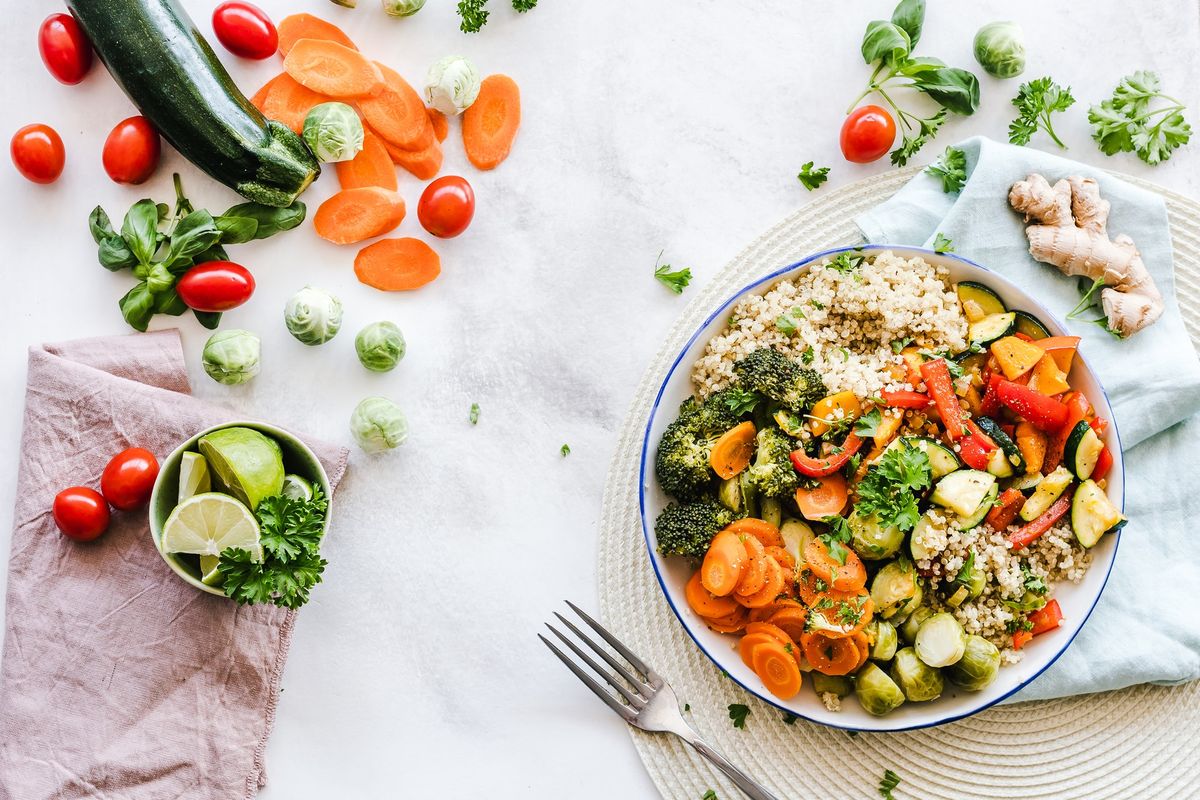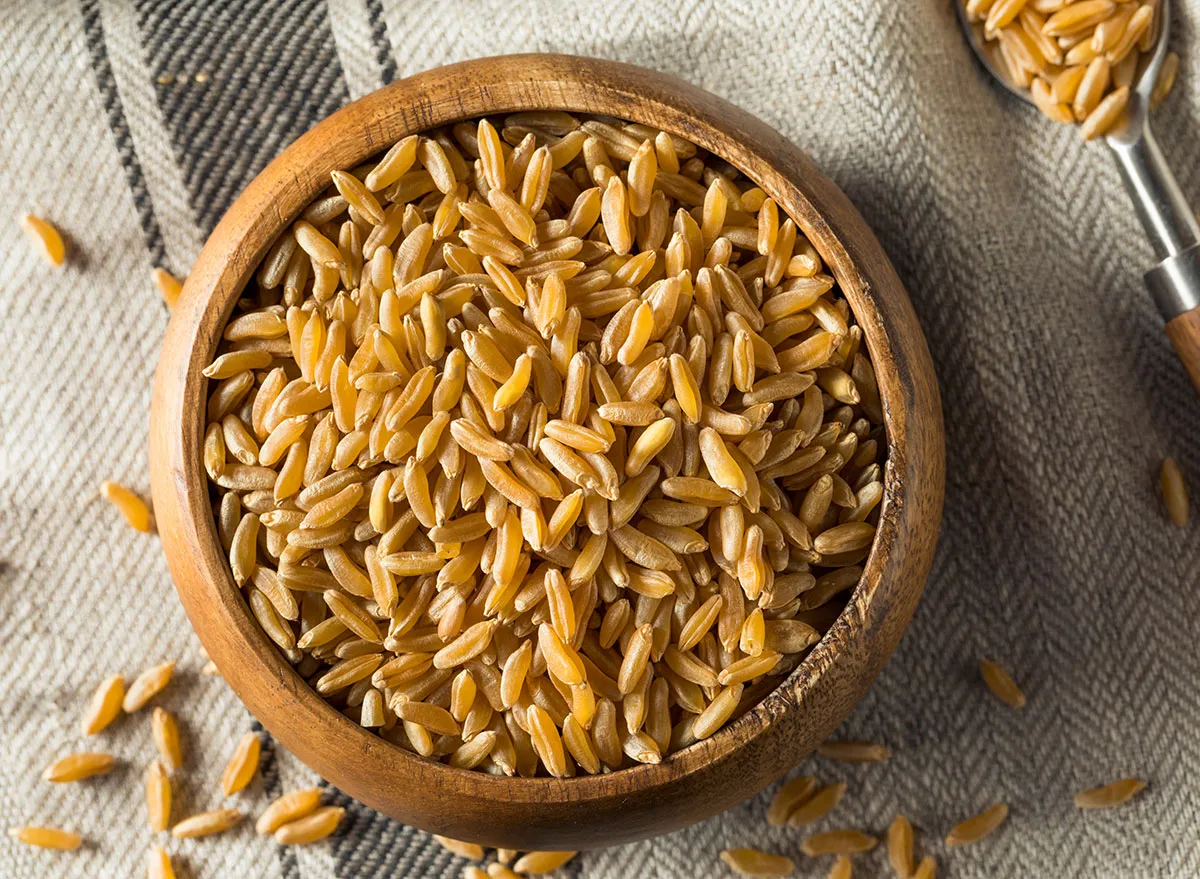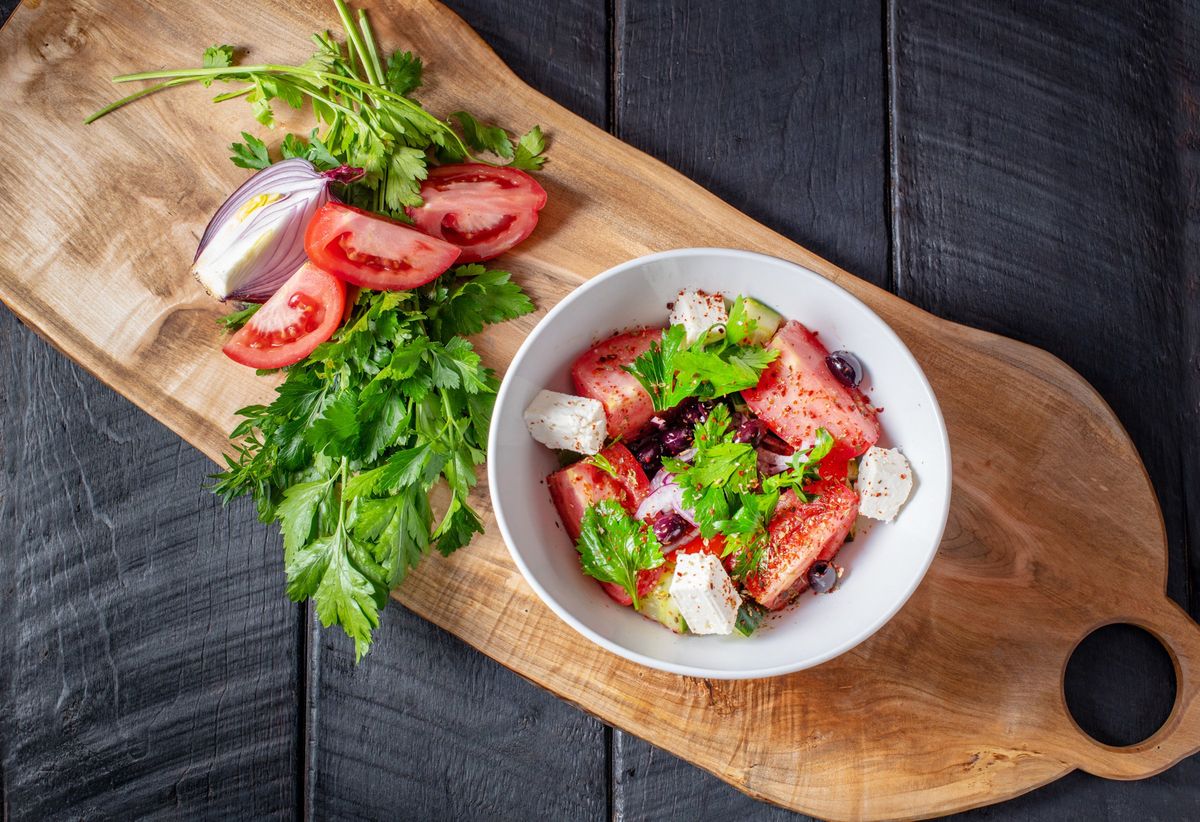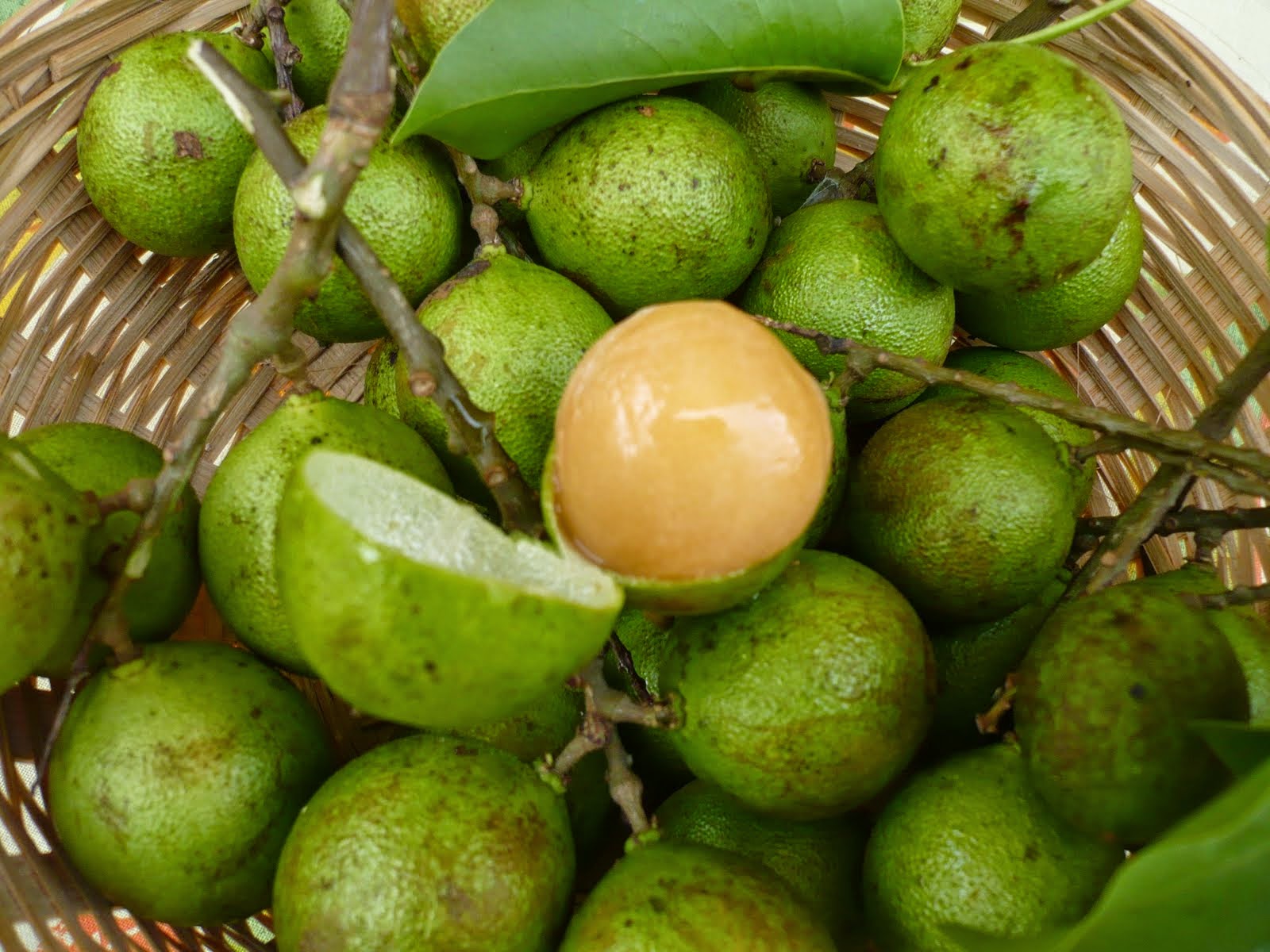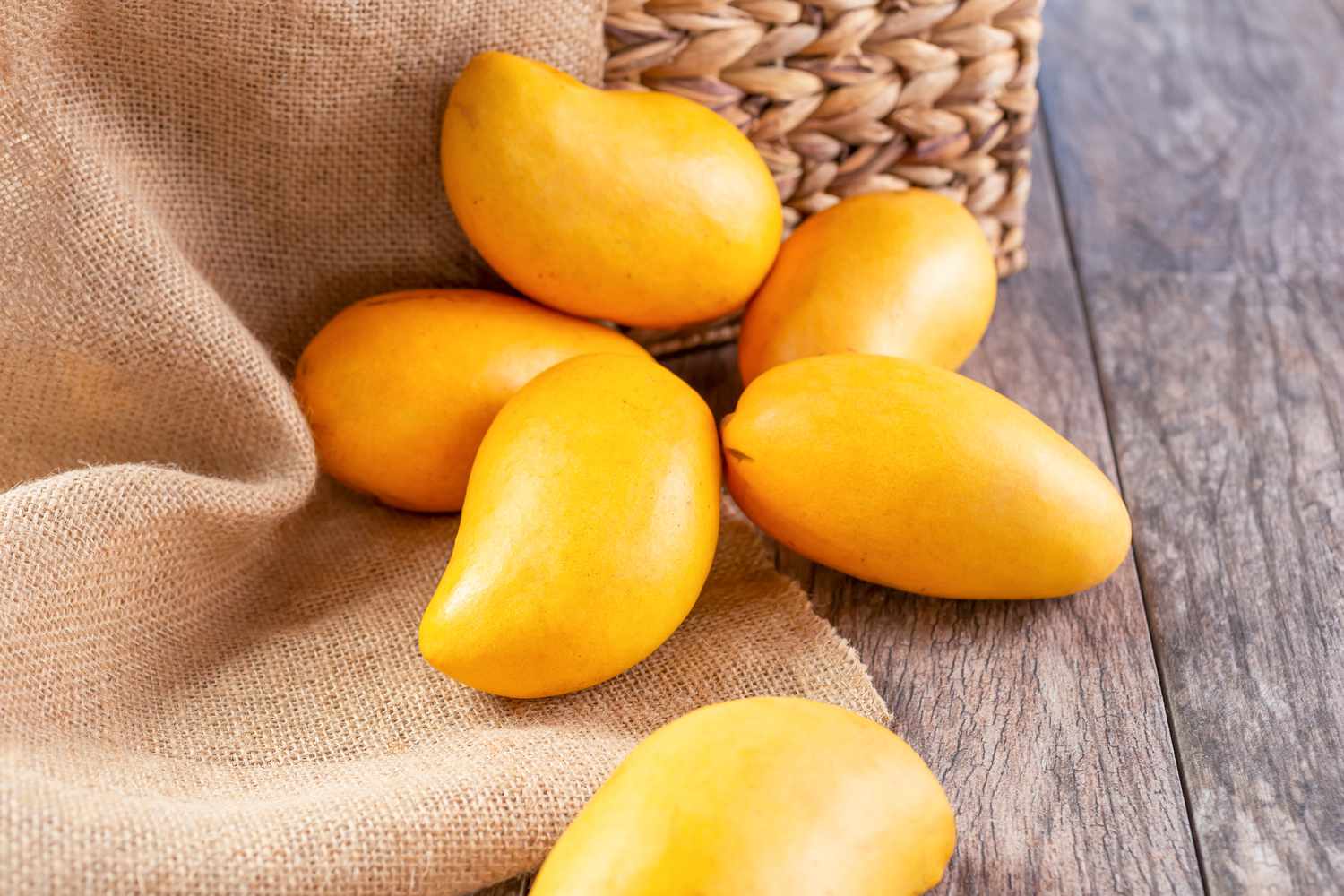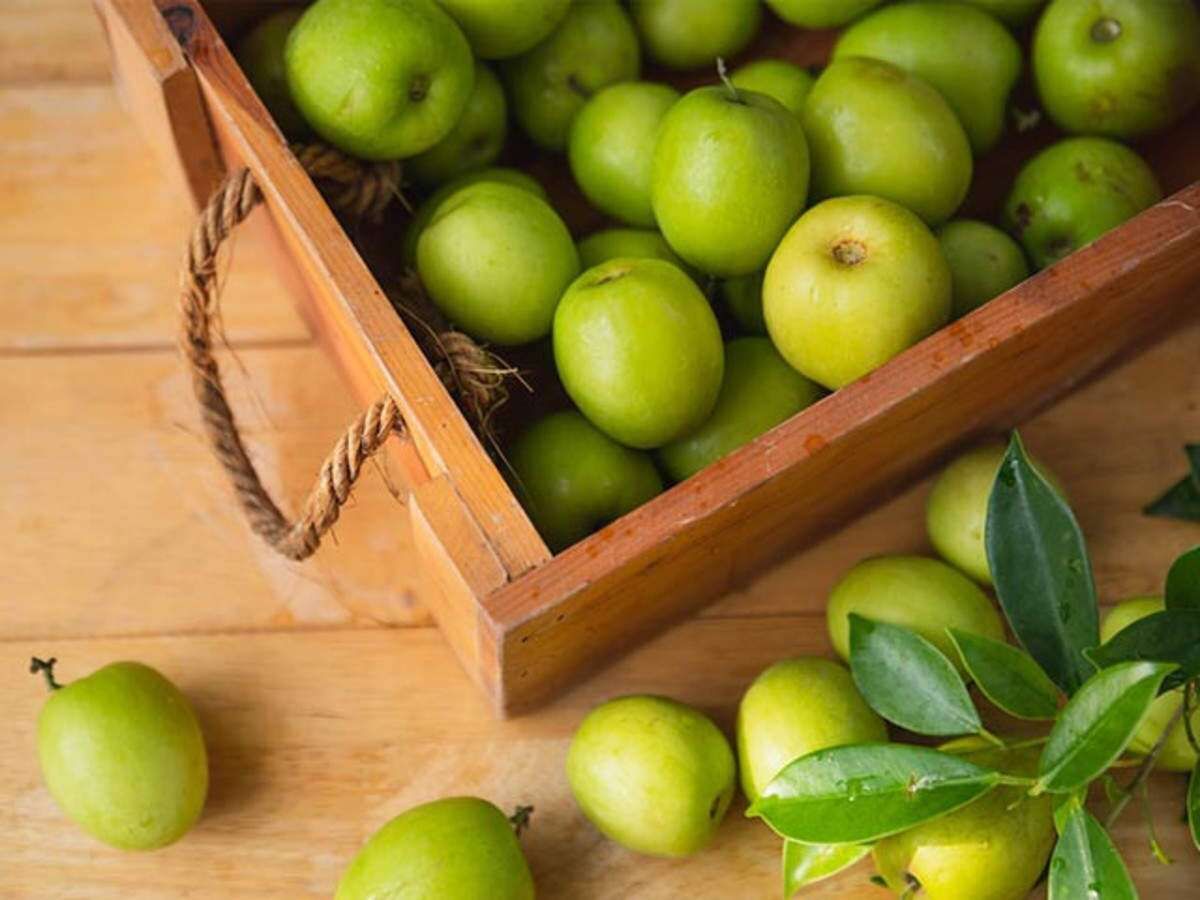Struggling to Digest Salads? Here’s How to Enjoy Them Without Discomfort
Salads are a popular choice for a healthy and nutritious meal, but for some people, they can be difficult to digest. If you find yourself experiencing discomfort after eating salads, there are still ways to enjoy these nutritious dishes without the digestive issues. Here are some tips to help you savor your salads without the discomfort.
Choose Digestible Greens
Not all greens are created equal when it comes to digestibility. If you struggle to digest raw leafy greens, consider opting for more easily digestible options such as:
- Spinach
- Arugula
- Chopped kale
These greens are generally easier on the digestive system and can be a great alternative to traditional lettuce in your salads.
Opt for Cooked Veggies
If raw vegetables are causing digestive discomfort, try incorporating cooked veggies into your salads. Roasted sweet potatoes, steamed broccoli, or sautéed bell peppers can add a delicious and easily digestible element to your salad.
Include Digestive-Friendly Proteins
Adding easily digestible proteins to your salad can help support your digestive system. Consider incorporating:
- Grilled chicken
- Hard-boiled eggs
- Quinoa
These protein sources are gentle on the stomach and can provide a satisfying addition to your salad.
Try Digestive Enzymes
If you struggle with digesting salads, consider taking digestive enzyme supplements before enjoying your meal. These enzymes can help break down the components of the salad, making it easier for your body to process and absorb the nutrients.
Experiment with Dressings
Sometimes, it’s not the salad ingredients themselves but the dressings that can cause digestive discomfort. Opt for lighter dressings such as olive oil and vinegar or a simple lemon juice and herb dressing. These options are less likely to trigger digestive issues while still adding flavor to your salad.
Chew Thoroughly
Proper chewing is essential for good digestion. Take the time to chew your salad thoroughly, allowing your saliva to begin the digestive process before the food reaches your stomach. This simple step can make a significant difference in how well you digest your salad.
Consider Food Combining
Some people find that certain food combinations can lead to digestive discomfort. Experiment with different combinations of ingredients to see what works best for you. For example, you might find that pairing leafy greens with easily digestible proteins and fats leads to a more comfortable digestion process.
Conclusion
While salads can be challenging for some individuals to digest, there are plenty of ways to enjoy these nutritious meals without discomfort. By choosing the right ingredients, incorporating digestive-friendly elements, and being mindful of food combinations, you can savor your salads without worrying about digestive issues. Experiment with these tips and find the approach that works best for you, so you can continue to enjoy the health benefits of salads without the discomfort.
